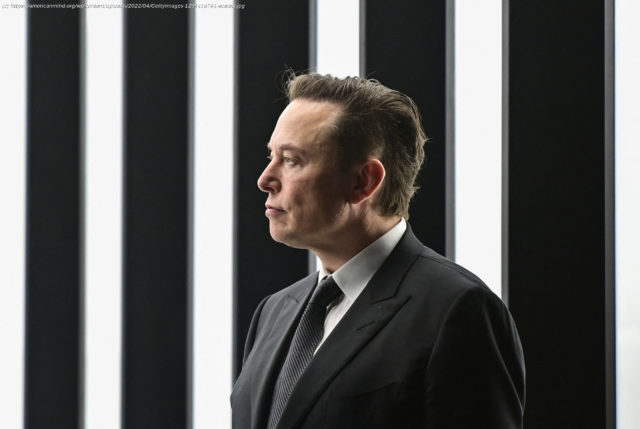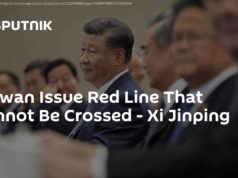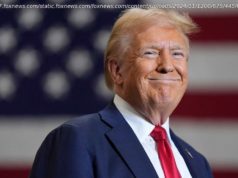Elon Musk’s Twitter deal will have enormous consequences for our economic, political, and media structures going forward.
Elon Musk, the multibillion-dollar electric vehicle and rocket crusader turned crypto meme edgelord turned free speech aficionado, shocked the world on April 14 when he announced, via Twitter, that he was bidding to buy the popular social media platform outright at “$54.20 per share.” The news came just days after it was announced that Musk had bought a 9.2 percent stake in the company, making him Twitter’s largest shareholder, and catapulting the company into what major news outlets have described as “a week of chaos.”
The company had already been reeling from shocking news that Musk had decided to reject an offer to join Twitter’s Board of Directors, which Twitter’s CEO, Parag Agrawal, had announced, also by tweet, on April 10. Meanwhile, the “Technoking” of Tesla ran roughshod around Twitter’s current management and speech policies. Musk’s tweets ranged in tone from lighthearted and conjectural, “should Twitter have an edit button?”, to the apocalyptic: “Is Twitter dying?” In the weeks leading up to the announcement, Musk declared that “free speech is essential to a functioning democracy” and asked whether “Twitter rigorously adheres to this principle.” Days later he topped that statement by going so far as to call Twitter “the de facto public town square,” saying that its “fail[ure] to adhere to free speech principles fundamentally undermines democracy.” Musk ultimately announced on April 21 that he had secured the funding to buy Twitter. On April 25, the news broke that a deal had been officially reached between Twitter’s shareholders and Elon Musk—poison pills, dismissals by pundits, and legacy media doomsaying be damned.
Months of legal delays followed April’s news. In the meantime, questions about how genuine Musk is in his alleged commitment to the First Amendment have arisen, or whether he is purely acting out his part as “glorified IT Tech Support for the Globalist American Empire,” to quote Darren Beattie.
Musk certainly took upon himself a tall order—particularly given the stakes. On the one hand lies the prospect of revitalizing free speech to a level not seen in at least a decade. The Globalist American Empire and its woke ideology thrive on censorship. Indeed, stifling dissident voices is arguably the only way in which this regime can hold itself together. If ideas could be circulated freely, without the censorious watchful eye of regime press apparatchiks, the GAE would likely topple within months. Which shows the arguably even higher stakes for the regime itself, which has consolidated around the new censorious norm that stifles the free flow of ideas and seeks to level all political discourse down to whatever insidious woke fad occupies the day’s news.
The Musk Twitter bid represents an existential danger to the regime. This has little to do with Musk’s own personal politics, which might be generously described as normie, or of the sort of humdrum liberalism that was commonplace a little over a decade ago. Indeed, it is because of Musk’s political naivete and social libertarianism—the variety similarly found in persons like Joe Rogan and Andrew Yang—that makes him the perfect vessel for a transaction of this kind. It is highly unlikely that a billionaire sharing Peter Thiel or Donald Trump’s politics, by contrast, would have been able to pull off this feat, given how dyspeptic those personalities are to the regime. But someone like Musk, who otherwise inclines to the Left on climate change, abortion, and LGBT issues, can get away with his aloof posturing—and use it to his advantage—to shore up the deal, while also justifying an overhaul of Twitter’s policies geared towards maximizing free speech.
Twitter’s importance stems not so much from the total number of users on the platform, which pale in comparison to other social media platforms like Facebook, Instagram, and TikTok, as from its outsized role in shaping public narratives and elevating those personalities who would have the greatest impact on those narratives in turn. It is no coincidence that the man who perfected Twitter’s headline shaping art would ultimately find himself in the Oval Office. The perennial lesson of the mass media age—the medium is the message—is as true today as it ever was, and Twitter, for better or worse, remains the kingpin in shaping media narratives.
Therefore, the stakes of the acquisition are higher than ever. Musk should be prepared for a full-frontal attack by the GAE and its appendages in the media. Whether he succeeds or not is an open question, but in waging the battle, Musk will have become a hero and patriot in the eyes of tens of millions of his fellow countrymen. But Musk’s success will hinge on his ability to implement several critical reforms that will dramatically change Twitter’s direction. The following recommendations just broach the surface but would represent a promising start towards that noble goal of restoring free speech in this country—and the world over.
Clean House, Open Twitter’s Books and Records
Musk will have to decide whether to clean house, and if so, how extreme a facelift will be needed to right the ship. This will start with the current board of directors. Based on reports of severance packages for potentially outgoing directors, it appears Musk is already concocting a plan to replace the current Board, evidently hostile to Musk’s captaincy, with a new one that will agree with his broader vision. Though patience could be a virtue elsewhere, Musk’s speedy dealmaking on Twitter strongly hints that there is little time or desire for talking out fundamental disagreements about company philosophy. Better to start afresh with a new Board that agrees on the fundamentals, and then from there, build upon the whole product, with a view towards Musk ultimately having a more hands-off role once the dust finally settles and the platform is refashioned to his satisfaction.
Musk’s house cleaning will likely also have to extend to the rank-and-file, particularly to those employees who anticipate being uncomfortable with his leadership style or who might not otherwise add value to the overall product. Musk previously toyed with the idea of shutting down Twitter’s San Francisco headquarters, which had remained vacant since the COVID-19 lockdowns: perhaps he will make good on his word.






